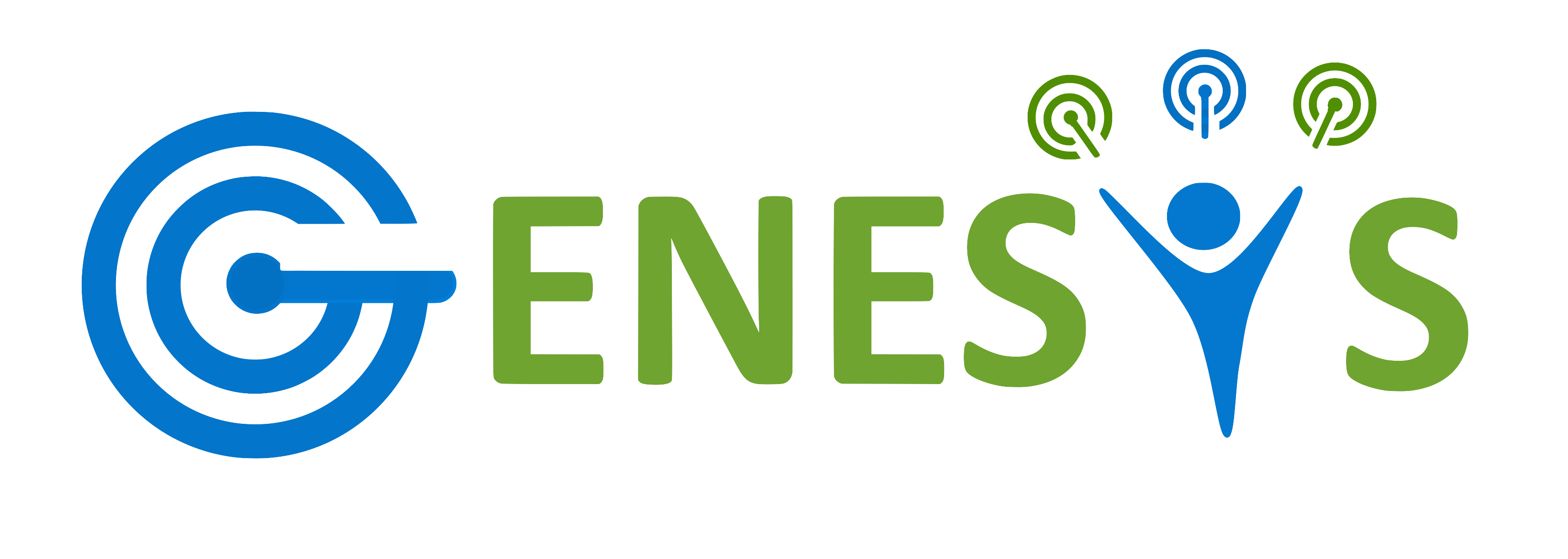
Kaushik Chowdhury
Lab Director
Email: kaushik [AT] utexas [dot] edu
Prof. Chowdhury was a finalist for the 2023 US Blavatnik National Awards for Young Scientists. He was also the winner of the U.S. Presidential Early Career Award for Scientists and Engineers (PECASE) in 2017, the Defense Advanced Research Projects Agency Young Faculty Award in 2017, the Office of Naval Research Director of Research Early Career Award in 2016, and the National Science Foundation (NSF) CAREER award in 2015. He is the recipient of best paper awards at IEEE GLOBECOM'19, DySPAN'19, INFOCOM'17, ICC'13,'12,'09, and ICNC'13.
Prof. Chowdhury has served in several leadership roles, including Chair of the IEEE Technical Committee on Simulation, and as Technical Program Chair for IEEE INFOCOM 2021, IEEE CCNC 2021, IEEE DySPAN 2021, ACM MobiHoc 2022, and IEEE MILCOM 2023. He serves on the steering committee for IEEE INFOCOM and IEEE CCNC conferences as well as DroNet Workshop.
Kaushik Roy Chowdhury is Professor and holds the Chandra Family Endowed Distinguished Professorship in Electrical and Computer Engineering #2 in the Department of Electrical & Computer Engineering at The University of Texas at Austin. He is a member of the Wireless Networking and Communications Group (WNCG). He obtained his BEng from the VJTI Mumbai, MS from the University of Cincinnati, and Ph.D. from the Georgia Institute of Technology. Prior to joining UT Austin, he spent fifteen years as a professor at Northeastern University, Boston.
His research interests center on:
- Applied Machine Learning for Wireless: Deep learning applications in wireless spectrum sensing, sharing, and cybersecurity related to RF fingerprinting, real-time learning for spectrum access in nextG architectures.
- Multimodal Sensor Fusion: Combining sensor data from radio frequency sensors, LiDAR, images and radar sensors from experimental testbeds for situational assessment, enabling digital twins and autonomous vehicles.
- Networked Robotics: Coordination, computation and communication for unmanned aerial autonomous systems.
Prof. Chowdhury was a finalist for the 2023 US Blavatnik National Awards for Young Scientists. He was also the winner of the U.S. Presidential Early Career Award for Scientists and Engineers (PECASE) in 2017, the Defense Advanced Research Projects Agency Young Faculty Award in 2017, the Office of Naval Research Director of Research Early Career Award in 2016, and the National Science Foundation (NSF) CAREER award in 2015. He is the recipient of best paper awards at IEEE GLOBECOM'19, DySPAN'19, INFOCOM'17, ICC'13,'12,'09, and ICNC'13.
Prof. Chowdhury has served in several leadership roles, including Chair of the IEEE Technical Committee on Simulation, and as Technical Program Chair for IEEE INFOCOM 2021, IEEE CCNC 2021, IEEE DySPAN 2021, ACM MobiHoc 2022, and IEEE MILCOM 2023. He serves on the steering committee for IEEE INFOCOM and IEEE CCNC conferences as well as DroNet Workshop.
